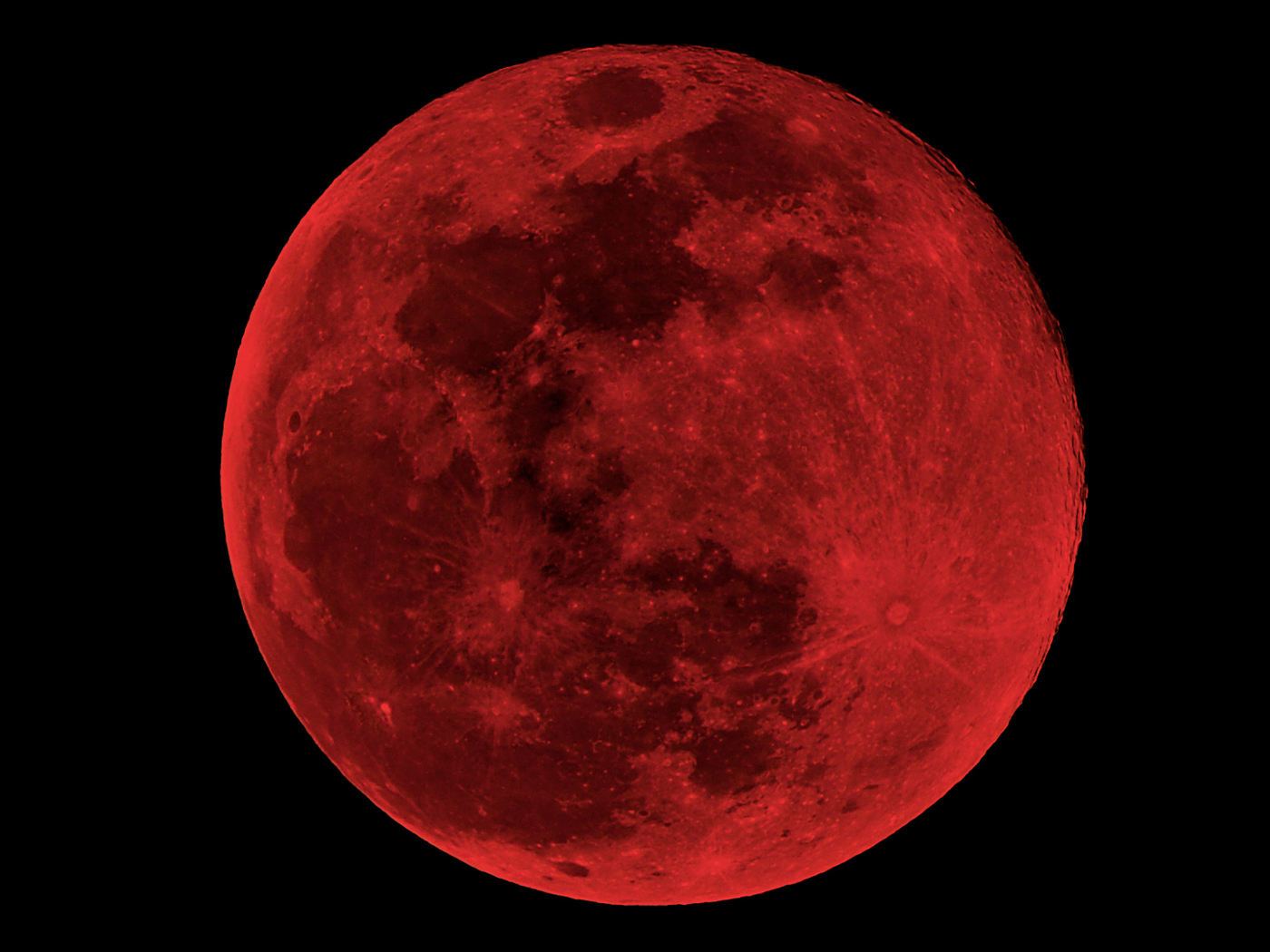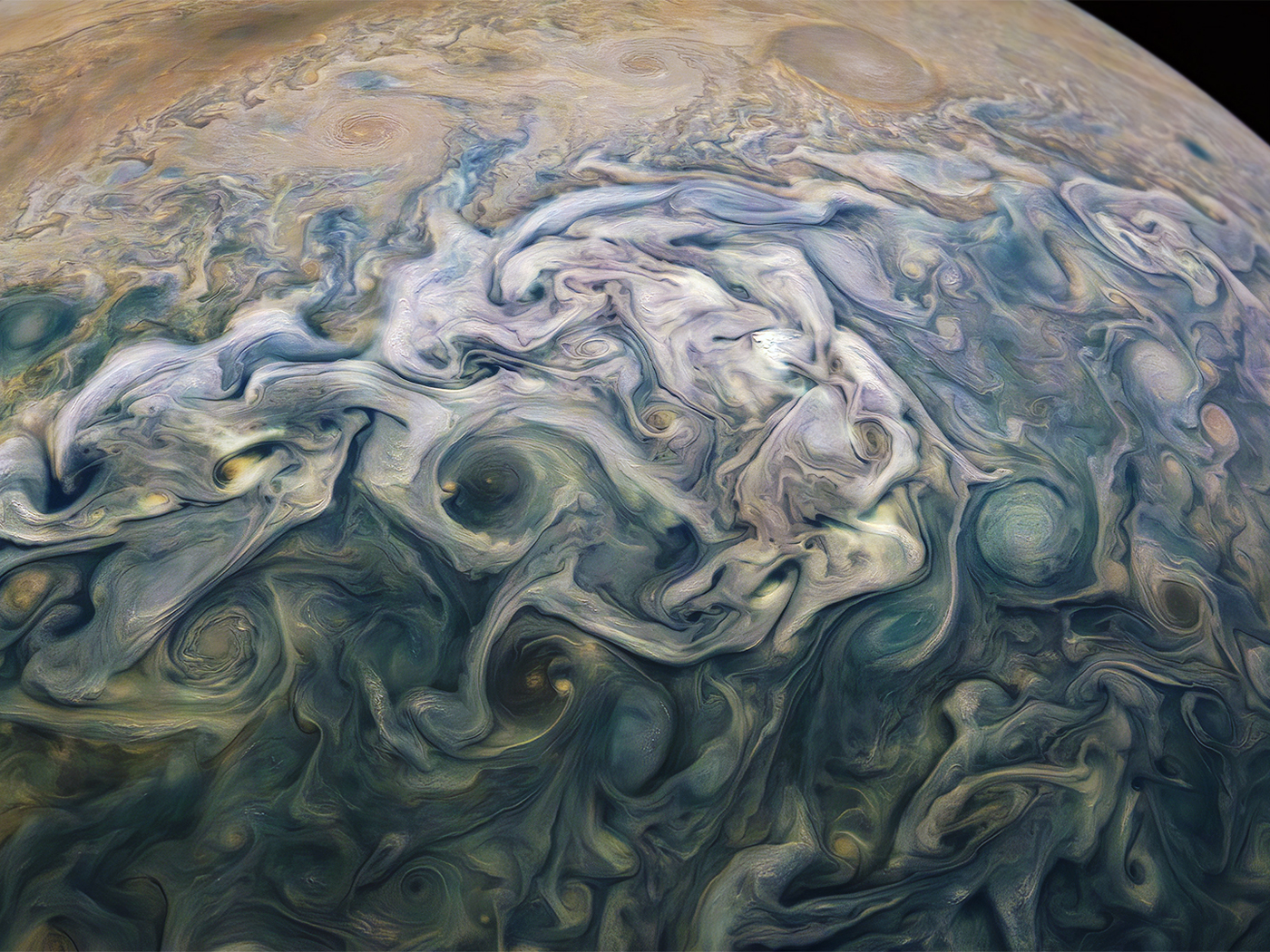Enceladus, a small moon that orbits in the E-ring of the planet Saturn, has provided a number of surprising astronomical discoveries in recent years. A new report shows it once again defying expectations. Researchers at NASA's Jet Propulsion Laboratory have found that it produces far more heat than they ever predicted.
The Cassini spacecraft collected heat output data from the moon. Cassini had earlier performed similar studies on Saturn and found that the planet is too hot to fit the standard long-age cosmological model.1
In that standard model, Enceladus, like all the moons and planets in the solar system, was born as a spin-off from a ball of hot gas billions of years ago. After a few million years, the planets and moons should have lost all their original heat (which itself is given no explanation) to the surrounding universe. For this reason, evolutionary astronomers have been pointing to the still-ongoing process of "tidal friction" as a means of generating the heat that is currently observed.
The moon flexes due to gravitational attraction as it approaches and then retreats from a nearby mass, thus generating friction in its rocky crust. According to JPL, a 2007 study estimated the heat output of Enceladus based on tidal friction over millions of years. It predicted that Enceladus should have no more than 1.1 gigawatts of heat output due to tidal forces, plus a small additional amount from natural radioactivity inside the moon.
But that estimate apparently falls far short of the reality. A JPL press release caption stated that "the south polar terrain of Saturn's moon Enceladus emits much more power than scientists had originally predicted."2 The report, published in the Journal of Geophysical Research, found that the "power of Enceladus' south polar terrain is 15.8 ± 3.1 gigawatts"3…over 10 times the expected amount!
In 2009, ICR News reported on the giant plume of icy particles that is being actively ejected from a fissure in the moon.4 If Enceladus is billions of years old, then why did the jet-supplying energy not fizzle out millions of years ago? This question still has no satisfactory answers from an old-universe perspective.
However, if Enceladus is only thousands of years old, as is consistent with the written testimony of the Maker, then such plumes pose no mystery…and neither does the presence of so much heat. Enceladus continues to emit a youthful glow.5
References
- Thomas, B. Where Is the Universe Headed--to Order or Chaos? ICR News. Posted on icr.org November 30, 2010, accessed March 11, 2011.
- Cassini Finds Enceladus is a Powerhouse. Jet Propulsion Laboratory press release, March 7, 2011.
- Howett, C. J. A. et al. 2011. High heat flow from Enceladus' south polar region measured using 10–600 cm-1 Cassini/CIRS data. Journal of Geophysical Research. 116: E03003.
- Thomas, B. Planetary Quandaries Solved: Saturn Is Young. ICR News. Posted on icr.org May 7, 2009, accessed March 11, 2011.
- Coppedge, D. 2006. Enceladus: A Cold, Youthful Moon. Acts & Facts. 35 (11).
Image credit: NASA/JPL/SWRI/SSI
* Mr. Thomas is Science Writer at the Institute for Creation Research.
Article posted on March 21, 2011.


















